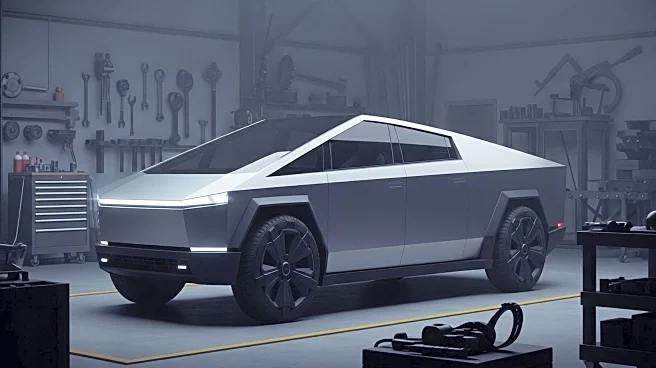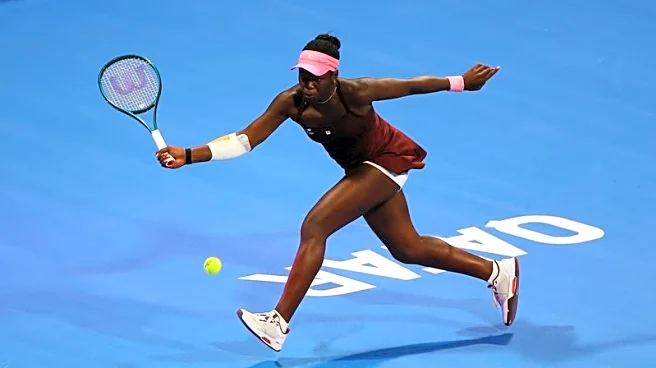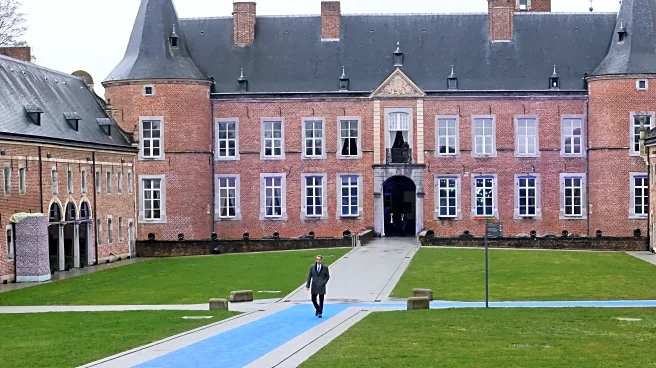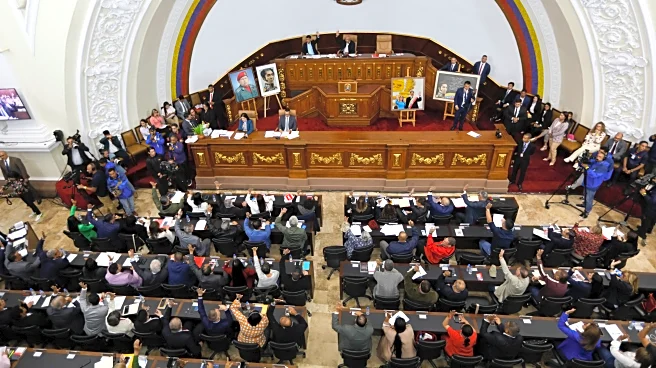What's Happening?
A lawsuit has been filed against Tesla by the parents of Krysta Tsukahara, a 19-year-old who died in a Tesla Cybertruck crash in California. The incident, which also claimed the lives of Jack Nelson and Soren Dixon, occurred when the vehicle crashed into a tree and caught fire. The lawsuit, filed in Alameda County Superior Court, alleges that the Cybertruck's electronic door release system failed after the vehicle lost power, trapping the occupants inside. The emergency manual interior door release was reportedly difficult to locate, contributing to the fatalities. The lawsuit claims that Tesla's design flaws entombed the victims, preventing their escape.
Why It's Important?
This lawsuit highlights significant safety concerns regarding Tesla's vehicle design, particularly the electronic door release system. If the claims are substantiated, it could lead to increased scrutiny of Tesla's safety features and potentially impact the company's reputation and sales. The case also raises broader questions about the safety of electronic systems in vehicles, which could influence regulatory standards and consumer trust in electric vehicles. The outcome of this lawsuit could set a precedent for how automotive companies address safety concerns and liability in the event of accidents.
What's Next?
The lawsuit is expected to proceed through the legal system, with Tesla likely to respond to the allegations. The case may prompt further investigations into the safety of Tesla's vehicles by regulatory bodies. Depending on the findings, there could be calls for design changes or recalls. The legal proceedings will be closely watched by industry stakeholders, as they could influence future vehicle safety standards and consumer protection laws.













